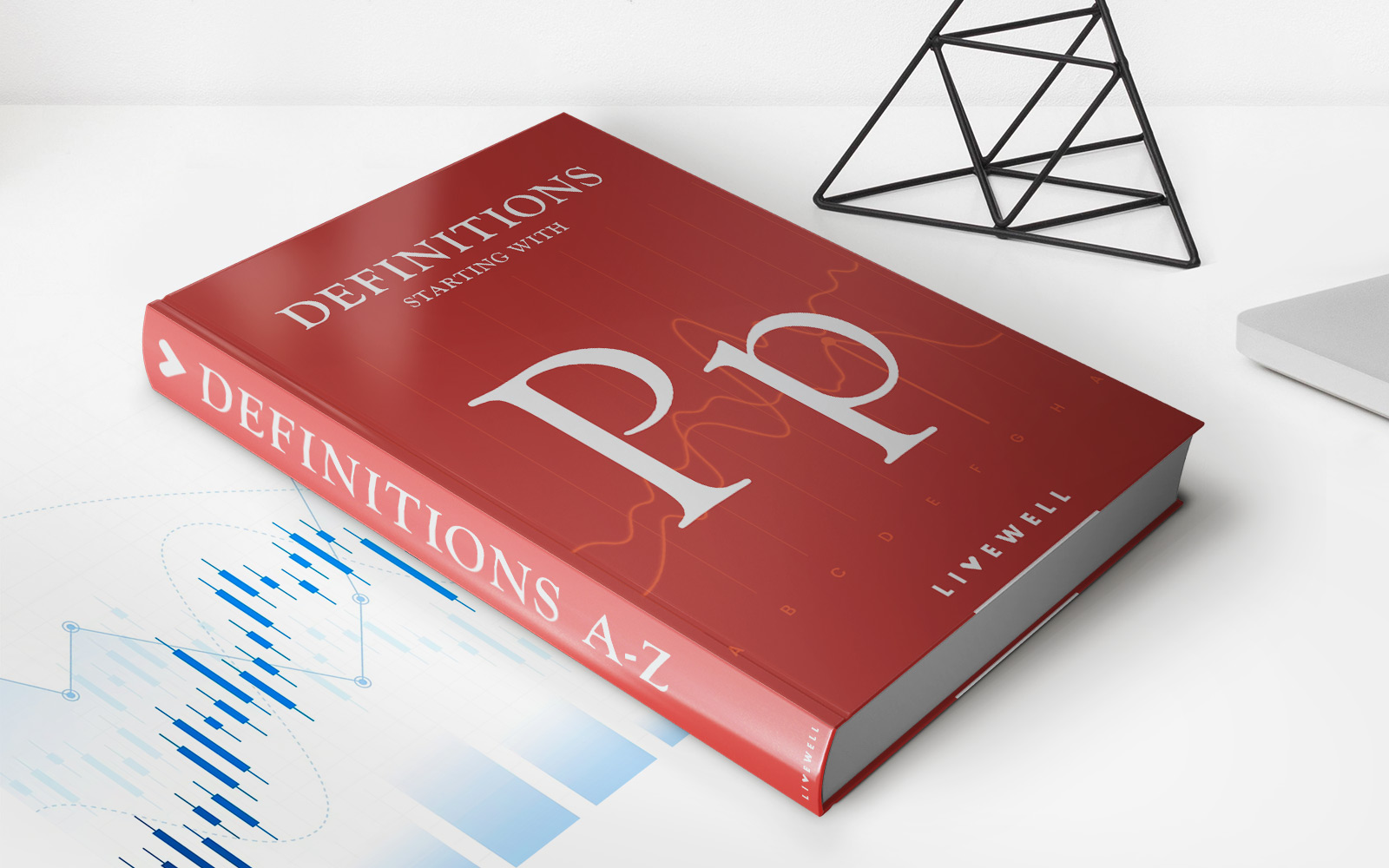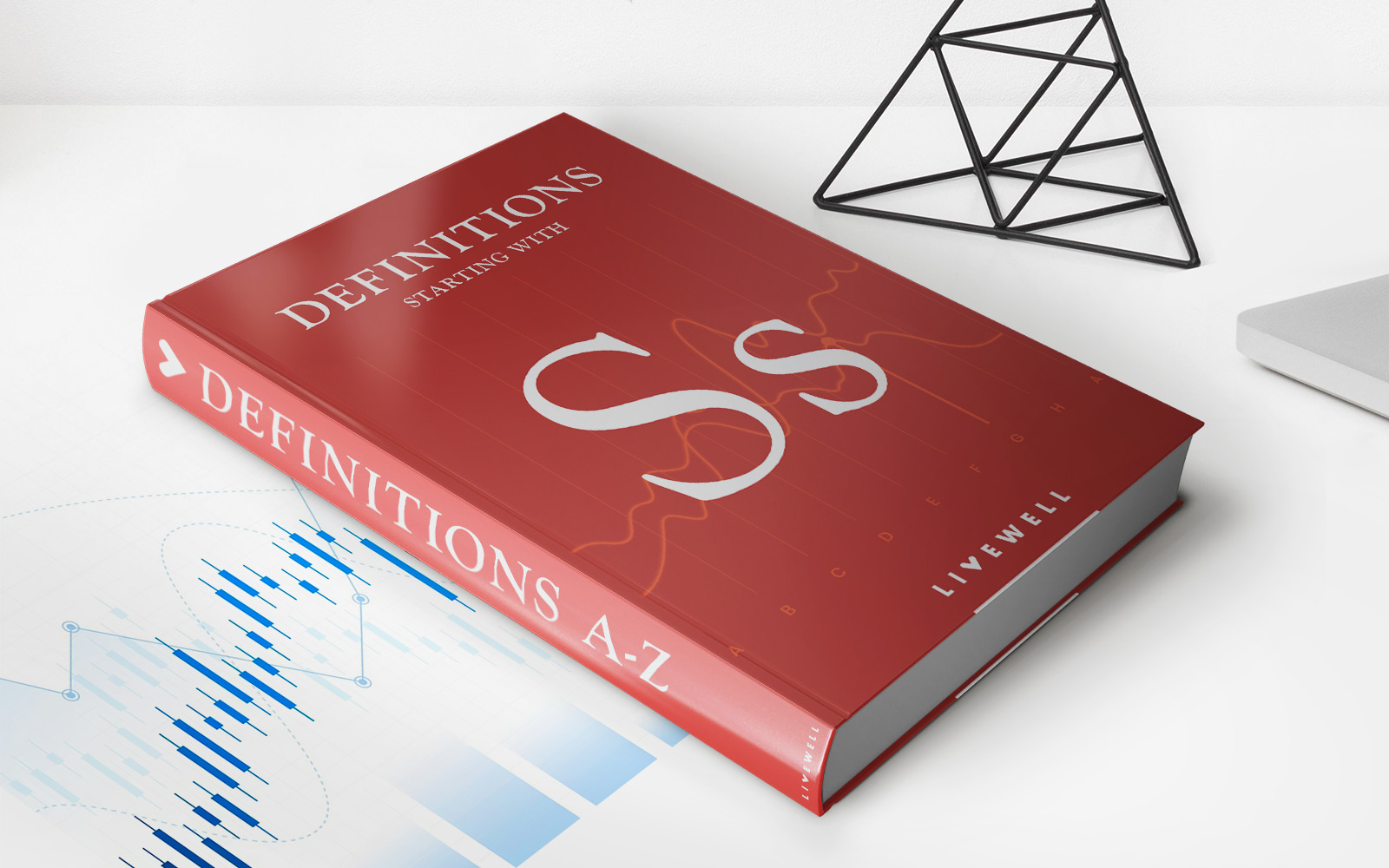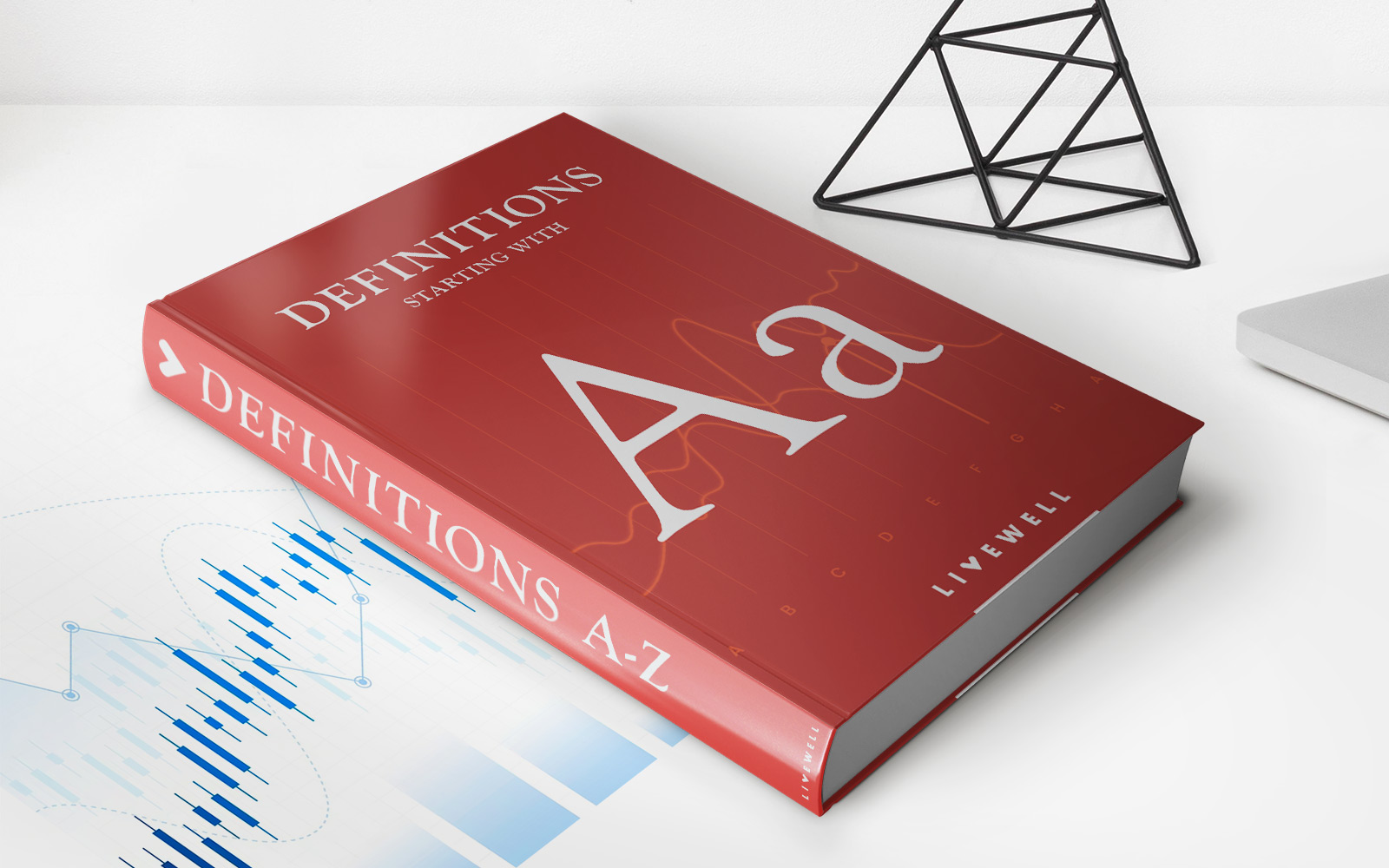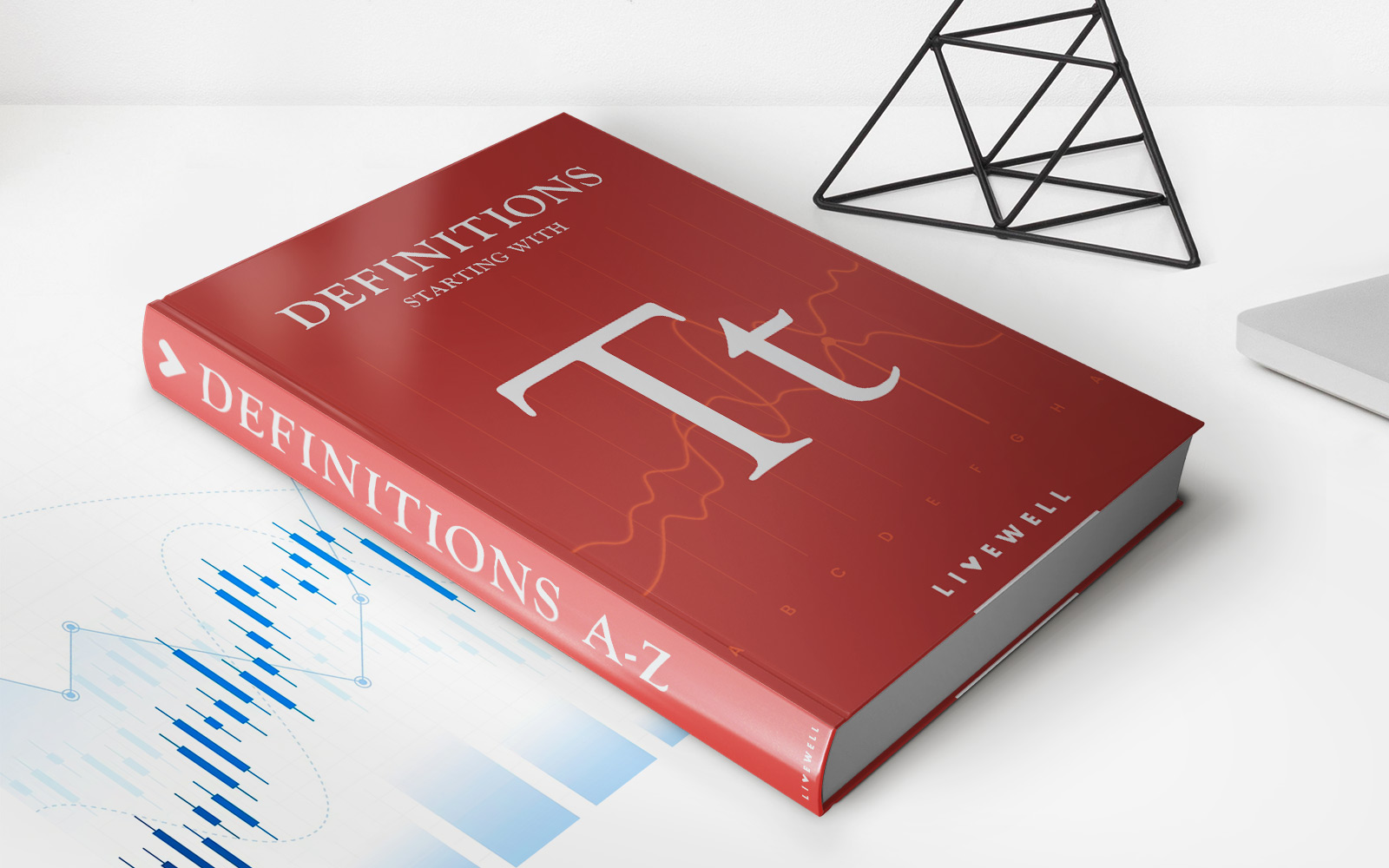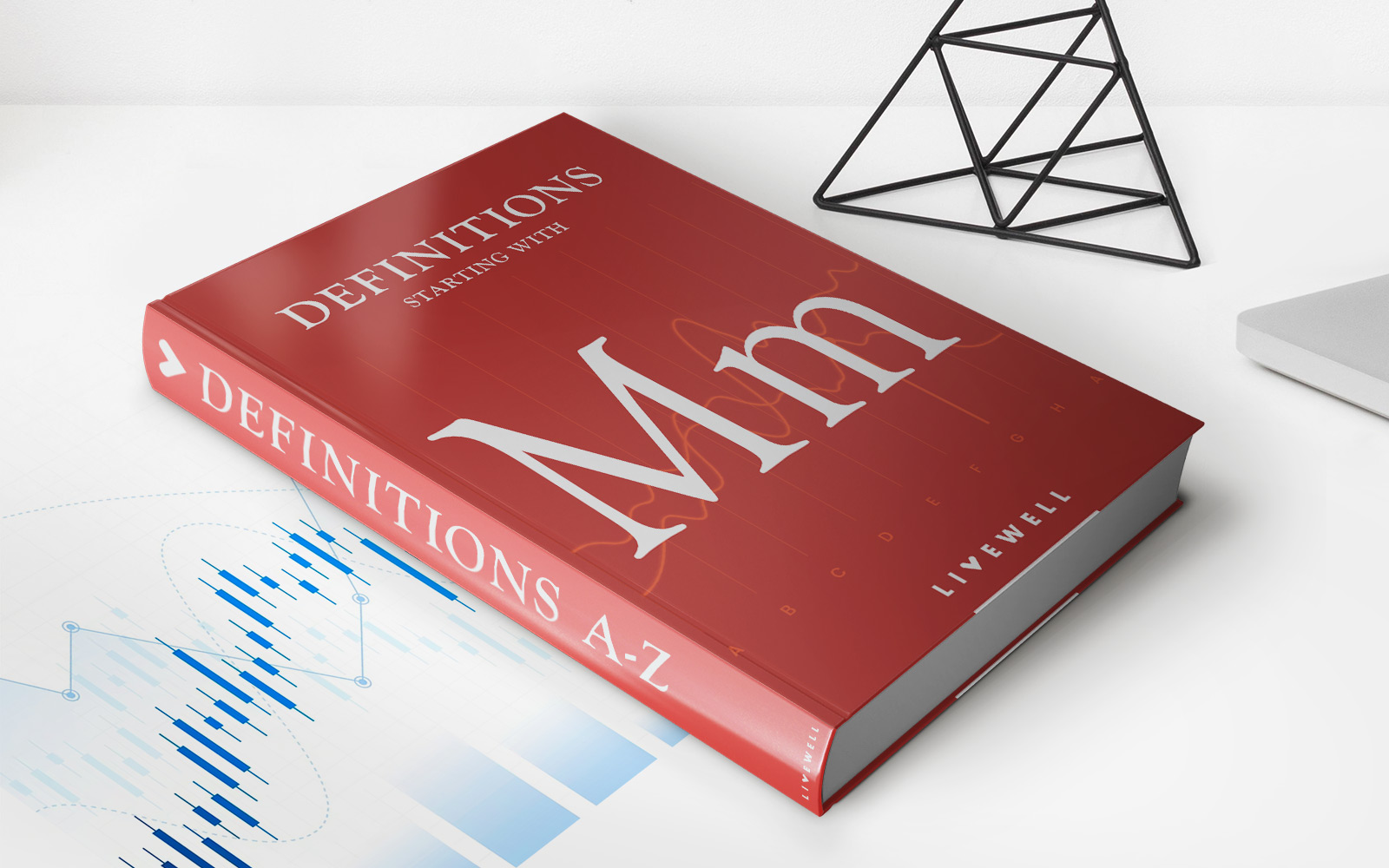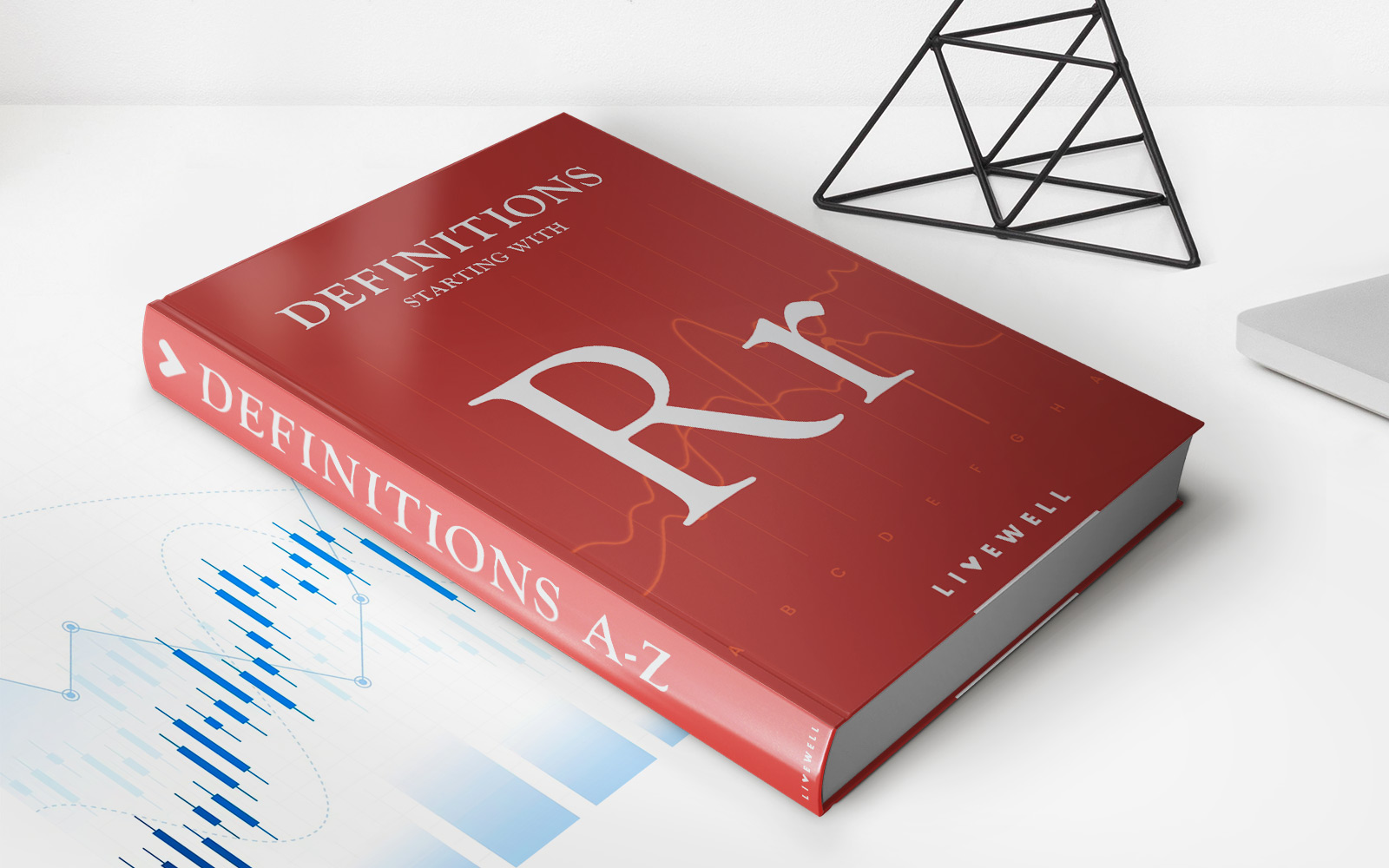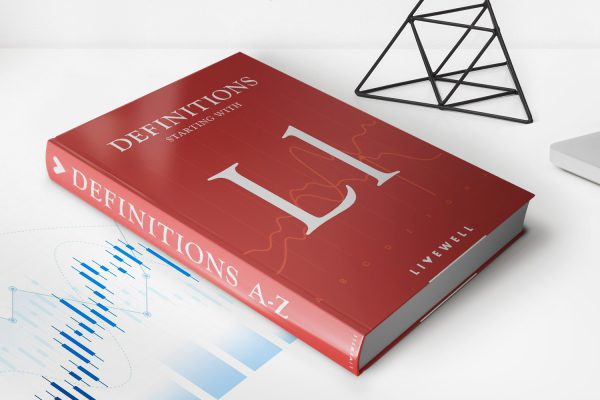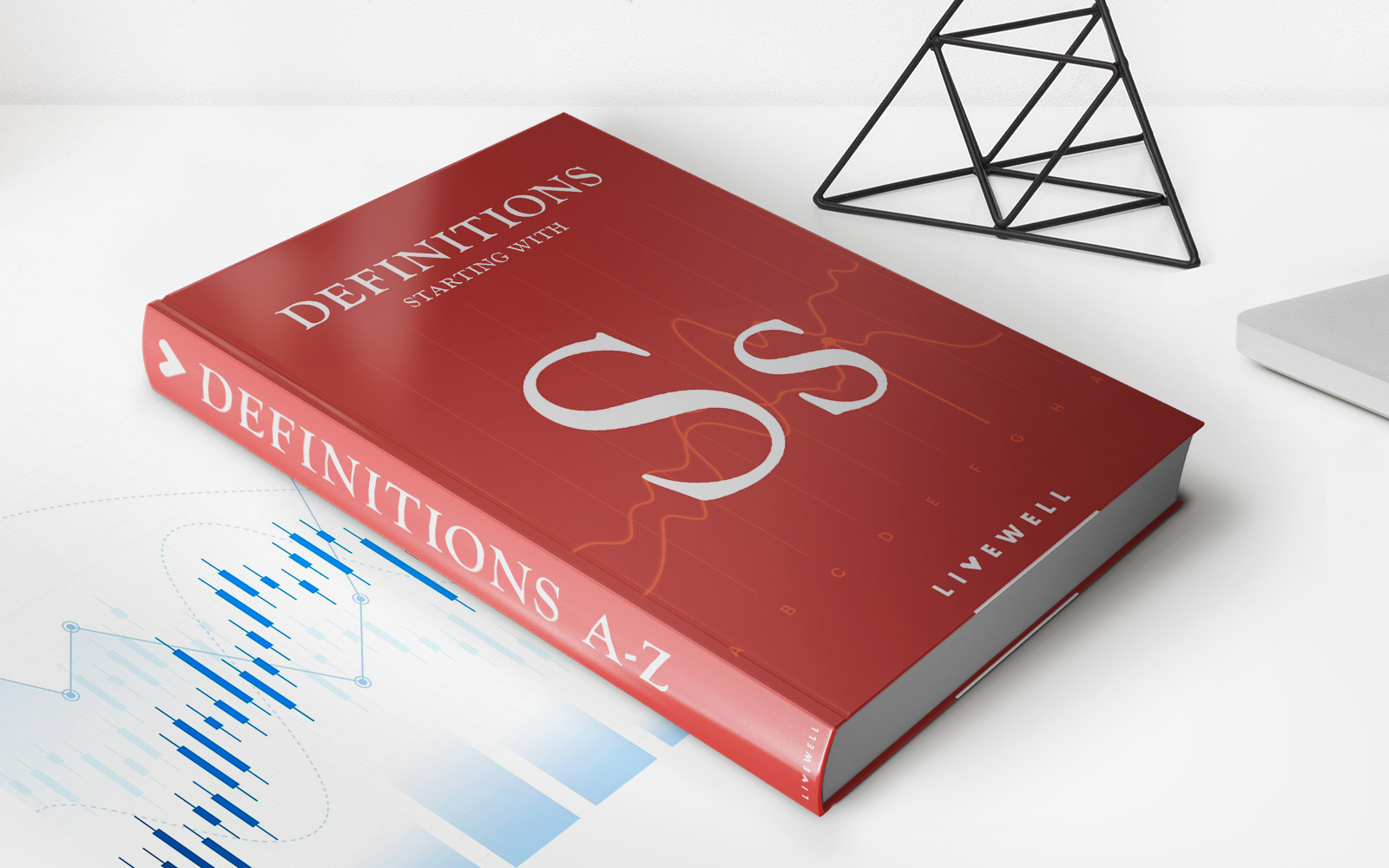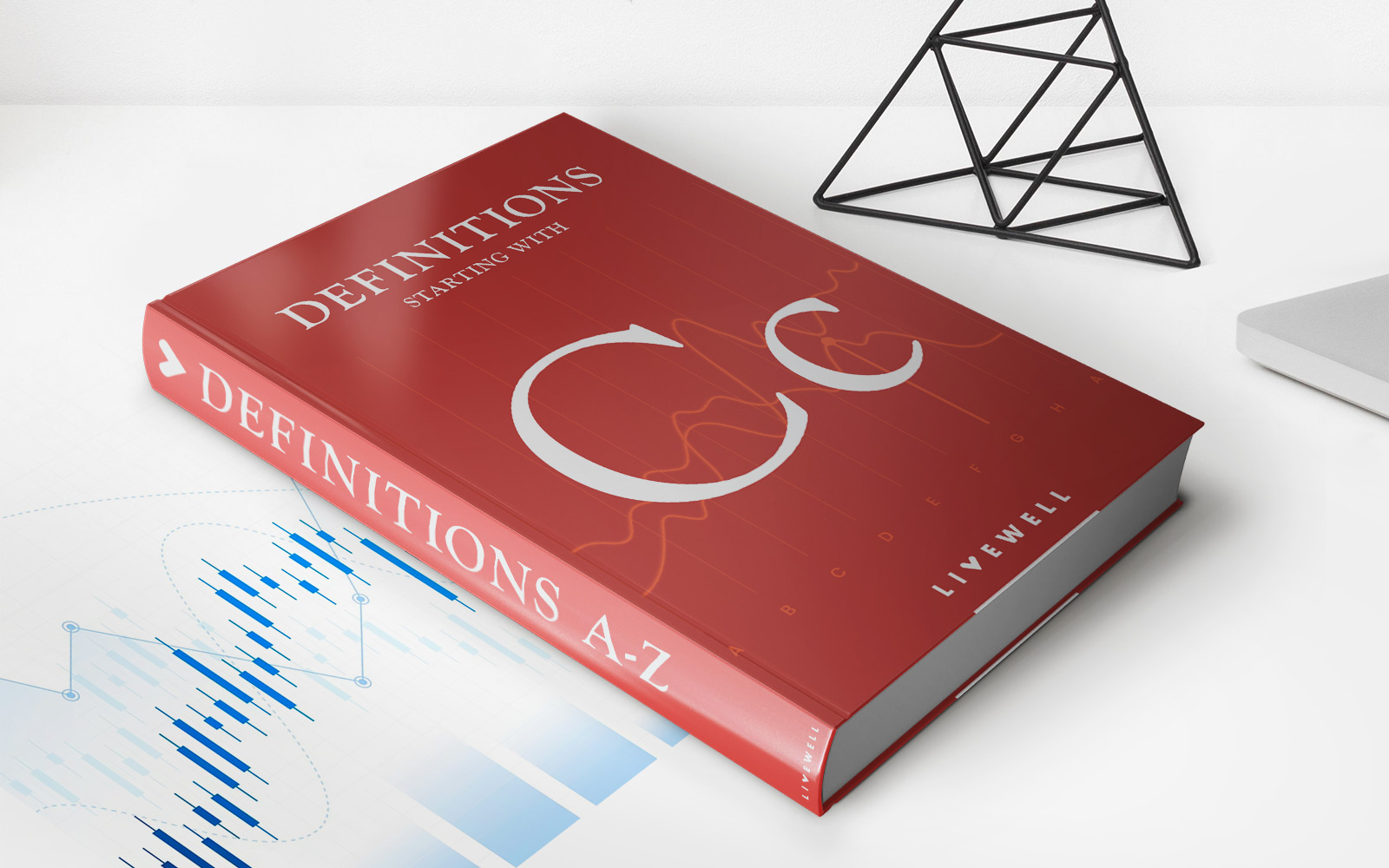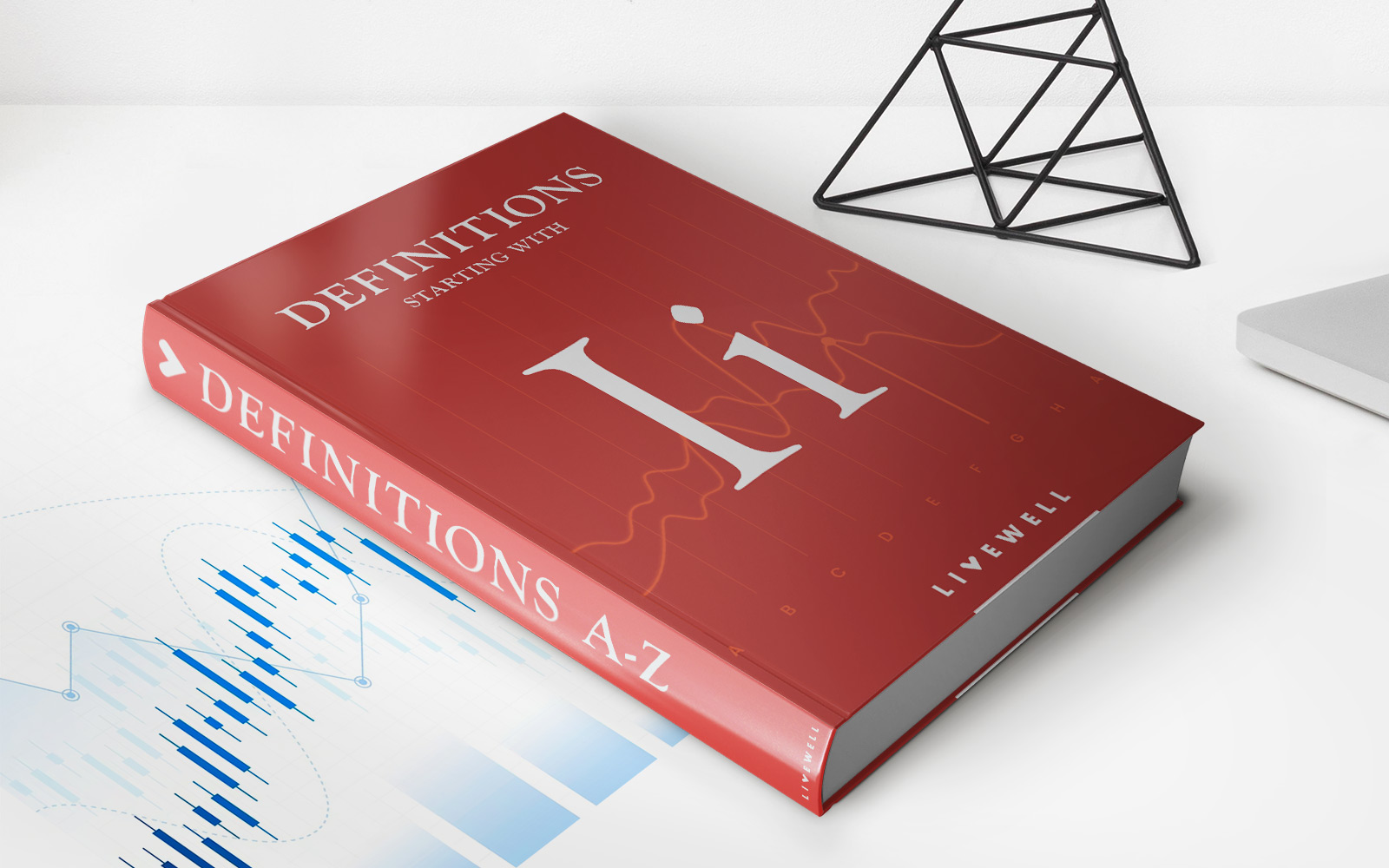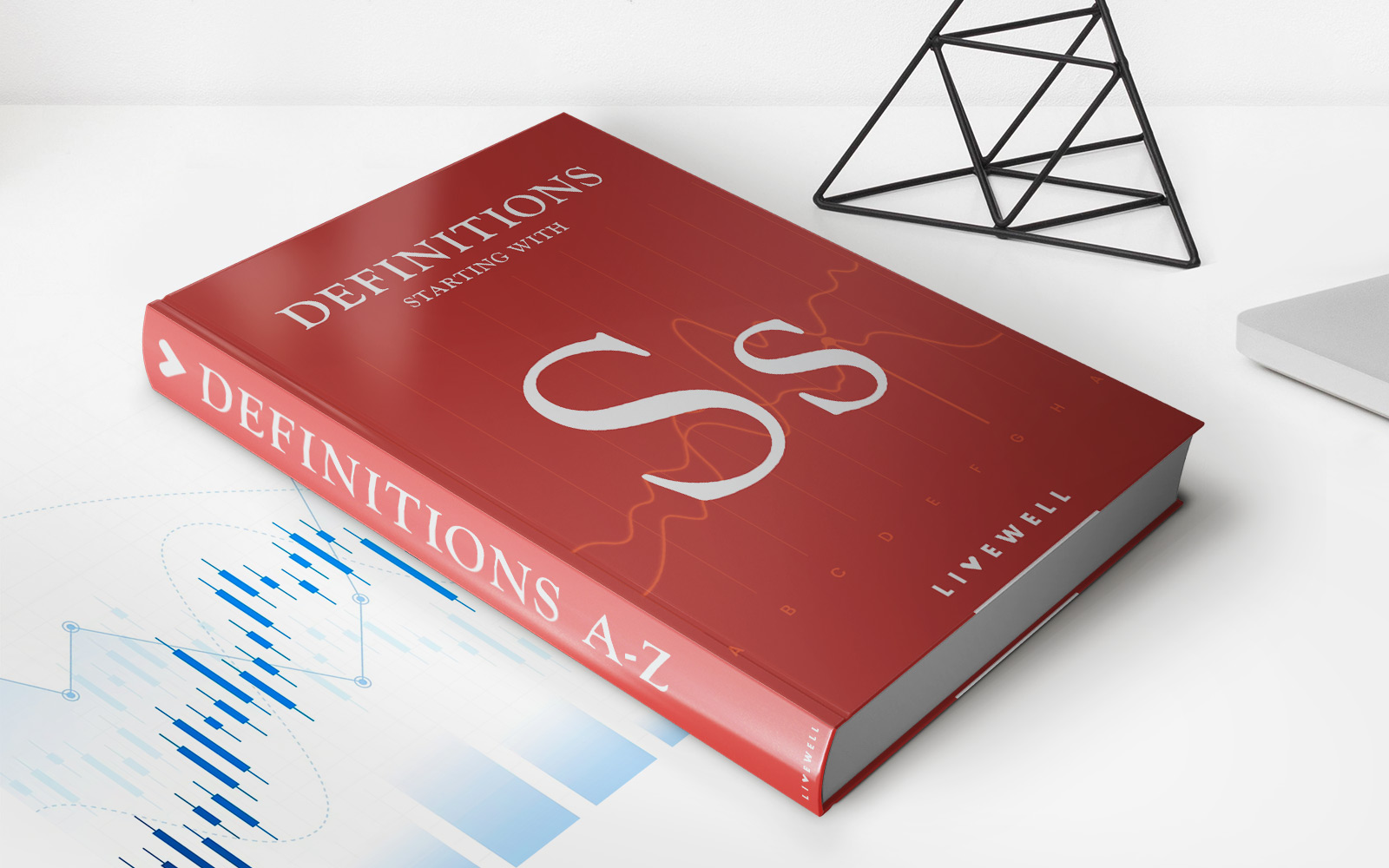

Finance
Stock Certificate: Definition And History
Published: February 2, 2024
Learn the definition and history of stock certificates in the world of finance. Understand the importance and evolution of this financial instrument.
(Many of the links in this article redirect to a specific reviewed product. Your purchase of these products through affiliate links helps to generate commission for LiveWell, at no extra cost. Learn more)
Stock Certificates: Definition and History
Welcome to our finance blog! Today, we are delving into an intriguing aspect of investing—the world of stock certificates. What exactly are stock certificates? How do they relate to the history of the stock market? And what role do they play in today’s modern financial landscape? Let’s explore these questions and more as we uncover the secrets behind stock certificates.
Key Takeaways:
- Stock certificates represent ownership in a company and were historically used to facilitate the trading of stocks.
- In recent years, stock certificates have become less common due to the rise of digital trading platforms and electronic record keeping.
A Brief Background
Before the advent of digital technologies and online trading, stock certificates played a crucial role in the buying and selling of stocks. These certificates were physical documents that served as proof of ownership in a company, granting the shareholder certain rights and privileges.
Back in the day, stock exchanges were bustling marketplaces where brokers would shout and negotiate prices, while traders exchanged physical stock certificates. These certificates were often beautifully designed, with intricate engravings and elaborate patterns, adding a touch of artistry to the world of finance.
How Stock Certificates Were Used
When an investor purchased shares in a company, they would receive a stock certificate as evidence of their ownership. The certificate would typically include important details such as the company’s name, the shareholder’s name, the number of shares owned, and any specific rights and restrictions associated with the stock.
Stock certificates also played an essential role in the transfer of ownership. When a shareholder decided to sell their shares, they would endorse the back of the certificate and hand it over to the new owner. This physical exchange ensured a transparent and verifiable transaction that could be recorded in the company’s official records.
The Decline of Physical Stock Certificates
In recent years, the financial industry has undergone a major technological shift. With the rise of digital trading platforms and electronic record-keeping, physical stock certificates have become less common.
Today, most stock trading is conducted electronically, with shares being held in digital form through brokerage accounts. This dematerialization of stocks has resulted in greater convenience and efficiency, eliminating the need for physical certificates. Instead, investors receive electronic statements and proof of ownership.
The Value of Stock Certificates
While physical stock certificates may hold sentimental value for some investors, their actual monetary worth can vary. For older certificates or those associated with historic companies, collectors and enthusiasts may be interested in purchasing them as a piece of financial history or as a decorative item.
However, it’s important to note that not all stock certificates hold significant value beyond their historical significance. Investors should exercise caution when dealing with physical stock certificates as there have been instances of fraud and counterfeit certificates in the past.
The Future of Stock Certificates
Although physical stock certificates have largely become a relic of the past, they still stand as a testament to the evolution of the financial markets. However, it is unlikely that physical certificates will regain their prominent role in the future, as digital technology continues to reshape the way we trade and invest.
As we bid farewell to the era of physical stock certificates, it’s important to appreciate their historical significance and the transformation they have witnessed over time. While our modern financial landscape has embraced digitization and automation, it’s fascinating to reflect on the rich history embedded within these tangible artifacts.
Thank you for joining us on this journey through the world of stock certificates. We hope you found this exploration interesting and informative. Stay tuned for more captivating topics on finance and investing in the future!
